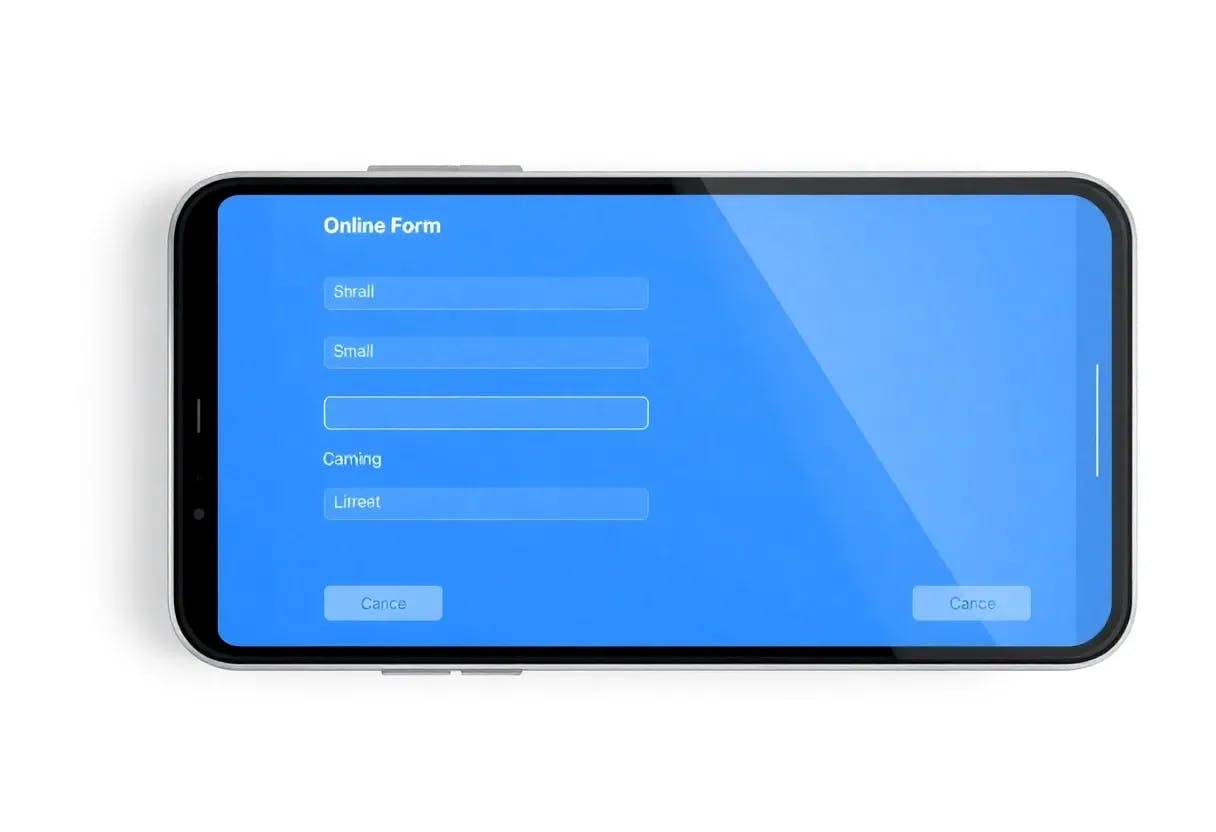Byline: K.H. Koehler
Imagine a world where your web browser isn’t just a generic tool for navigating the Internet but rather a personal assistant that is ready to work and totally attuned to your unique needs and workflows. For a long time, we’ve been stuck with boring, one-size-fits-all browsers that force us to adapt to their rigid layouts and limited customization.
But your browser can adapt to you instead.
Rethinking Browser Design
Shift browser recently announced a new way to give you complete control over your web browsing space. It’s not just a browser upgrade—it’s the world’s first completely customizable browser. It has an intuitive drag-and-drop design, curated templates, and dedicated spaces for different apps and tools. For people who spend a lot of time online and who have always wanted to build their own browsing environment, Shift’s modular browser can be a powerful hub for productivity.
Deconstructing Outdated Web UX
For decades, browsers have followed the same basic blueprint—tabs, search bars, and static layouts, despite the fact that today’s digital lives are anything but linear. As workflows have grown more complex and multitasking has become the norm, this one-size-fits-all approach now feels increasingly out of step. Users are forced to adapt to the browser, rather than the browser adapting to them. It’s time to rethink the interface from the ground up, built for how we actually use the web today.
A new wave of browsers is embracing modularity and personalization, enabling users to tailor their digital environment to their actual work style. Shift takes a building-blocks approach—letting users move interface elements around, integrate over 1,500 web apps, and even create dedicated “Spaces” for different projects or roles.
Designing a Browser for Modern Life
Instead of forcing users into a single layout, modern browsers are beginning to act more like productivity hubs. With tools like account switching, visual themes to support focus, and even built-in carbon tracking and offsetting features (like Shift’s innovative Carbon Meter), the browser is becoming less of a passive portal and more of an active participant in helping you manage your digital life.
It’s a quiet revolution, but one that’s long overdue. As more people demand flexibility, control, and intentionality from their tech, the browser is finally being reimagined—not just as a tool for accessing the web, but as the operating system for how we live and work online.










